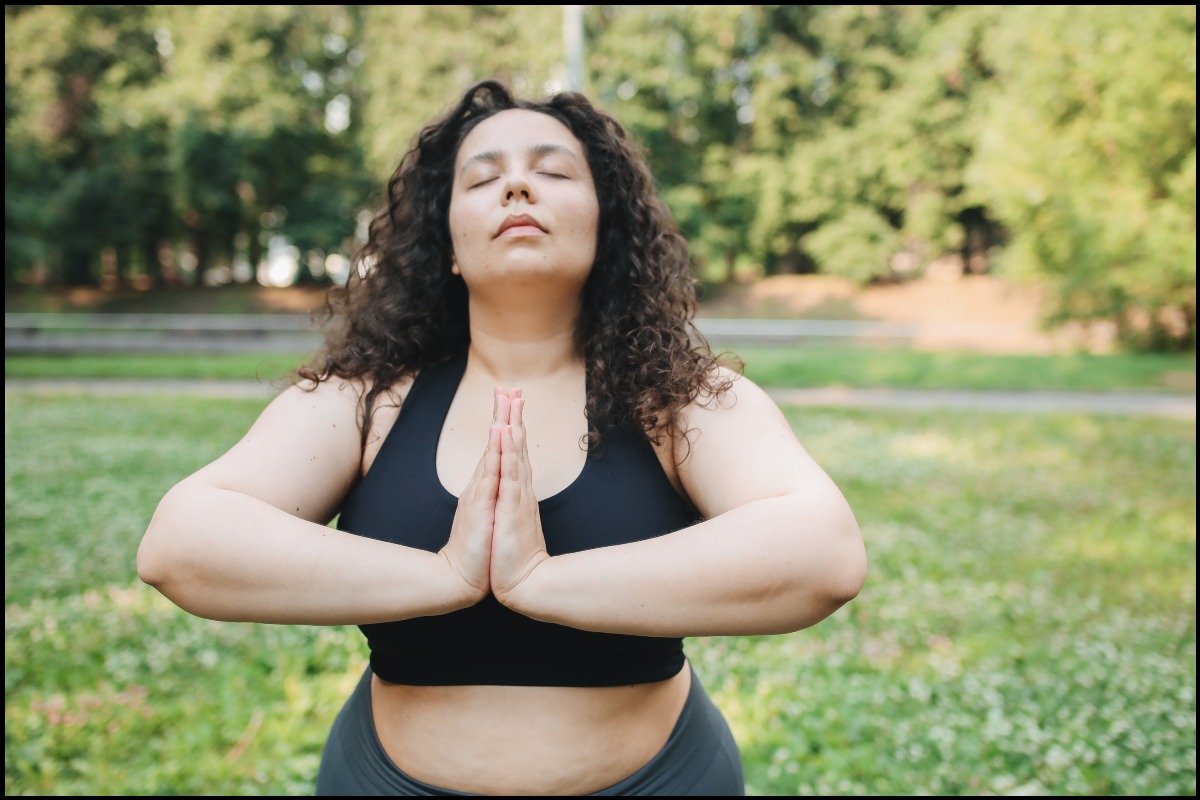
You may have heard people talk about yoga and mindfulness as cure-alls for mental health issues. Is it as effective as people say, though? Can it really cure trauma? The answer is more complex than a simple yes or no.
The Impact of Trauma
Nobody should ever have to experience trauma. This violation of the mind and body can impact you for your whole life. It causes undeniable effects. Trauma of any kind can result in emotional reactivity. You may feel unable to distinguish your trauma from your current environment.
As a result, you can experience hallucinations, flashbacks, and overall mental instability. Trauma disrupts the amygdala, causing prolonged and unwarranted stress hormones. You may dissociate as a maladaptive coping mechanism. The long-term impact of trauma can include a weakened immune system, poor health, mental illnesses, and substance abuse.
If you have experienced the impact of trauma, yoga can help relieve your symptoms through mindfulness practices.
Mindfulness in Yoga
Yoga is a mind-body, holistic therapy. It involves moving through specific asanas (poses). The exercise allows for stress relief, heart health, better flexibility, and reduced anxiety and depression. It also can help with trauma symptoms.
As you work through a yoga session, you should try to align your thoughts with the movements. Do everything with purpose. Feel the strength in your muscles, and connect it to the strength of your mind. You are resilient. You can heal. You control your movements; you control your choices in life. Focus on the asanas and mentally move away from the trauma.
Though yoga involves asanas, you should remember that yoga focuses on mindfulness more than the physical elements. It promotes presence in each moment. You can alter asanas to meet your body type and ability level. You can even find yoga classes for people with physical disabilities.
Healing Trauma’s Effects
While yoga does not heal the trauma itself, it allows you to recover from the symptoms, according to one study. With yoga, you engage in the present moment. Your awareness focuses on sensations, lessening dissociation. The strength in your muscles can counteract the helplessness caused by trauma. You can feel more connected with your body; this is especially important if you have experienced physical trauma. The physical balance extends to your thoughts and emotions. With continued practice, these benefits can become your default state.
Yoga empowers people and helps to minimize their trauma symptoms. As a holistic therapy, it allows people to connect their minds and bodies. Many mental health and addiction treatment centers include yoga as a complementary practice. The Guest House understands the importance of holistic practices in conjunction with traditional therapies. We offer yoga, art and music therapy, equine therapy, and conscious breathwork in our facility. Our multidimensional approach treats you as a human being instead of a disease. If you want more information about our treatment plans, please contact us at (855) 483-7800.